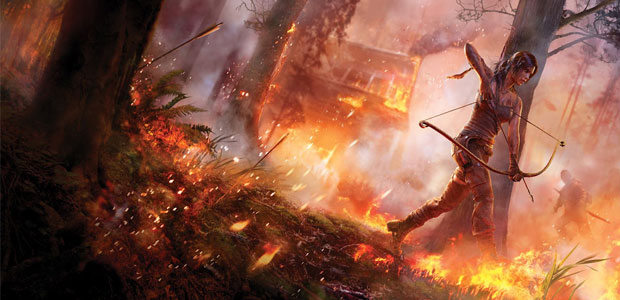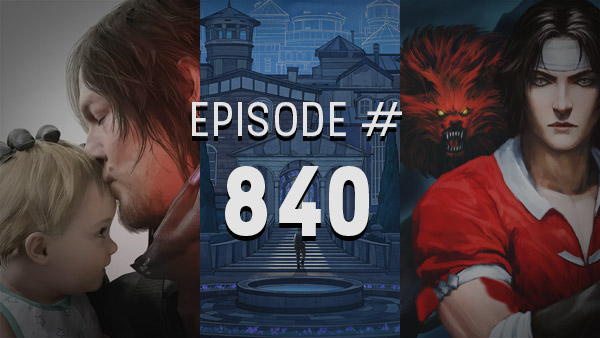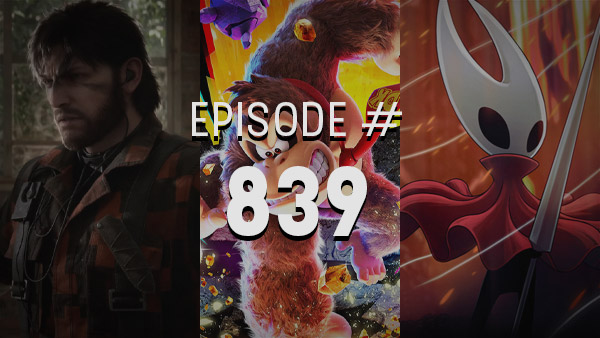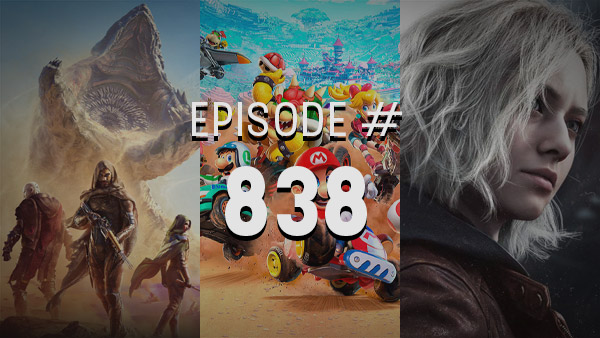Your login information returned multiple users. Please select the user you would like to log in as and re-type in your password.


The Tomb Raider reboot is a gripping experience complete with vibrant, engaging, spectacular hair physics, and the general consensus is that the game is the fresh start the series truly needed. It is also a fiscal liability for a company which could be asking for far more sales than the market is currently able to provide.
I've at least three times now seen two pieces of information in regards to Tomb Raider's sales, just about always placed side-by-side: It is the best-selling Tomb Raider game ever, and it fell short of expectations.
No matter how many times I read that, I have to do a double take.
This isn't the only one of Square Enix's recent published releases which has fallen short of expectations. Hitman Absolution and Sleeping Dogs didn't perform as well as expected, and it brings to mind the question of whether or not high-budget games such as these are still financially viable. If Square Enix really has taken a three-hit combo of blows to the wallet, they must really be hurting -God knows their stock price has fluctuated uncomfortably- and Square Enix's incoming president Yosuke Matsuda has declared he wants to "cast all of our resources towards extending what makes us successful and thoroughly squeezing out what doesn’t."
This especially hits home with Disney's closing of Lucasarts, adding another big-but-struggling company to the list of talented game developers being smacked down due to publisher fears of a complex market, though as that wound is still fresh there may be more to it we aren't yet aware of.
I don't think this means we'll never see a sequel to Tomb Raider, and I imagine Square Enix will continue re-releasing Final Fantasy IV in order to make a quick buck while ignoring our cries for a re-released Final Fantasy VI, but I and others wouldn't be surprised if we started to see these big-ticket games slow down a bit. Considering gaming sales as a whole took a 22% dive last year, this beloved industry of ours is at the very least in need of a little bit of self-reflection.
We're definitely seeing the rise of indie developers amidst the chaos, however. If I had been told years ago that one of the most celebrated declarations of Sony's major new console announcement was that they will have a greater emphasis on indies, there's no way I would have believed it. The increased amount of Kickstarter and Indiegogo schemes also attest to the fact that not only are there fresh new opportunities for developers just starting out, but developers in need might be able to turn to these alternative methods of funding in order to make their games- or big additions to their games (see Skullgirls)- doable. But these are the antithesis of major triple-A releases, and still doesn't resolve the issue at hand.
If anything, what this confirms is that DLC and microtransactions will only become more widespread, and potentially more heinous, in the future. DLC can be executed successfully, but we're far past the point where there's no use decrying its presence anymore. Unless we're prepared for the demise of the triple-A, this is now the new reality of the gaming industry.
Buckle up.




Comments
12 years, 3 months ago
Either this or Publishers will begin to see that their conceptions on the video-game industry is incorrect and they need to start listening to consumer feedback.
12 years, 3 months ago
I don't think this spells the end of 'triple A' titles, but I do think there will be a shift in power as major publishers find better ways to cash in on indie developers.
12 years, 3 months ago
The business model is broken, AAA games need to ship with AAA price tags = $70-80. And the so called B tier a more reasonable $50. Most importantly the publisher has to be transparant with the value proposition offered to help educate the consumer.